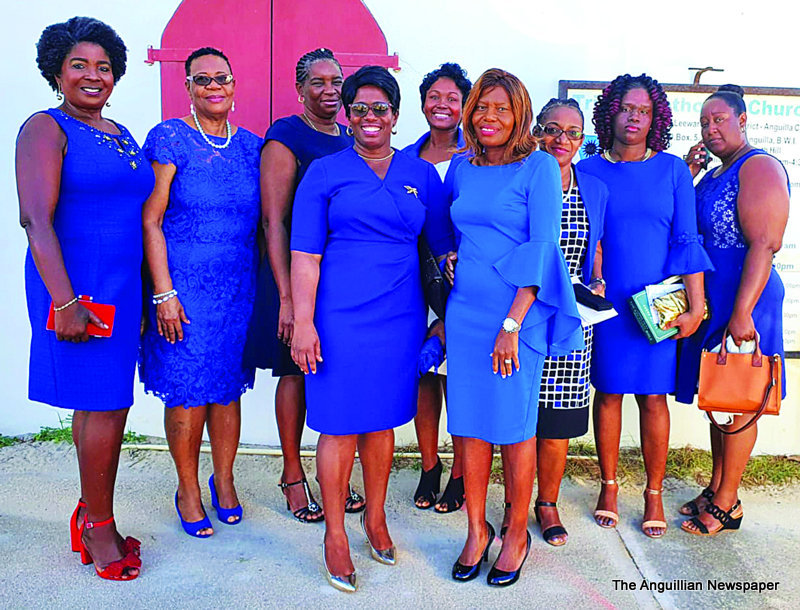
Throughout civilizations, the family has been recognized as the ‘cornerstone of society.’ During slavery, the cohesion of the African family structure was intentionally undermined to ensure that there was no allegiance to any authority structure, but that of the estate. The male bore the brunt of that calculated policy, as they were forcibly moved across estates, and estates on other islands. The absentee fathers, during slavery, meant that the mother’s nurturing voice did not have the complement of the father’s authoritative voice. That situation has led to an identity crisis in relationship to roles among boys and young men in the family structure and, by extension, the community. This identity crisis, has contributed significantly to uncivil behavior and escalating crime in colonial and post-colonial countries. The hunger experienced by boys and young men is summed in Job’s question in the Old Testament book of Job: “Where is my father?” The answer lies in supporting role models in the family, the extended family, the school, the church and NGOs.
THE FAMILY
The family must recognize the historic and cultural woundedness of male, and must consciously and deliberately plan to address it by the following measures. (These also apply to a lesser degree to the female.) First, treat all the children with dignity by recognizing and respecting their individuality. Secondly, ‘express satisfaction with your son’s ability and characteristics’ – and celebrate success in tangible ways such as family gatherings and books etc. Encourage boys and young men to express their fears, hurts and doubts in an atmosphere of trust. Thirdly, shun the temptation in our communities to make disparaging remarks about the failures of adult male in the community. Select and praise successful male in the family, community and internationally, highlighting their struggles and their path to success. (Use the INTERNET as an investigative tool for research on international and regional leaders such as Marcus Garvey, the Rev Dr Martin Luther King and Nelson Mandela, among others.) Finally, remember to speak the truth quietly, but firmly. Hugs are O.K.








